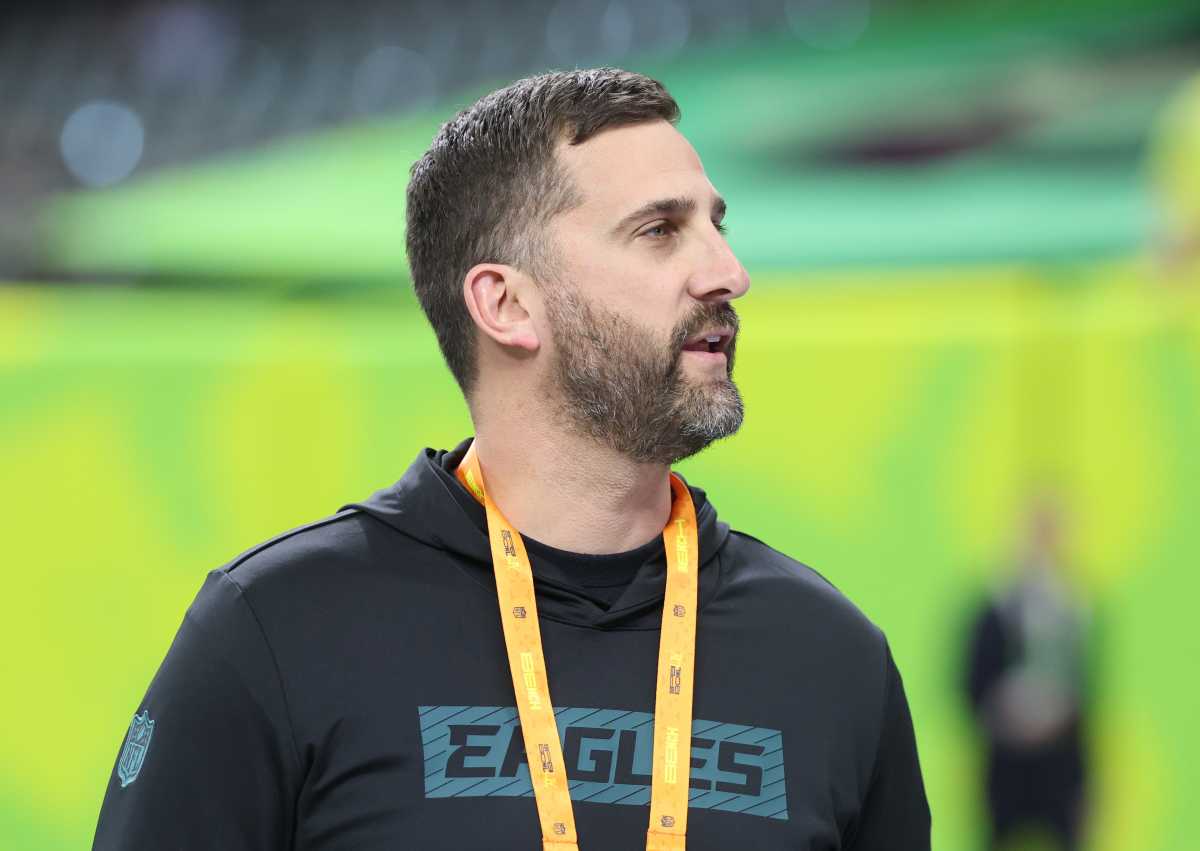Local scientist Tyriane ‘Grand Hank’ Ragsdale is on a mission to inspire youth and increase STEM learning opportunities across underserved communities. The West Philly native is now one step closer to that goal, thanks to The Grand Hank STEM Center, set to open on July 12.
Ragsdale says growing up one of eight children in public housing in the city’s Mill Creek section helped him value education as a tool to later succeed.
“Being a product of the public schools and a graduate of University City High School, I really had no interest in going to college,” Ragsdale said. “An advisor saw something in me that I wasn’t really paying attention to.”
After being convinced to attend college, Ragsdale attended the University of Pittsburgh where he struggled to pursue a career before deciding to “chase the sciences.”
“I was either going to be a chemist, physicist, a mathematician, or a computer scientist. And the beauty of it is, I wasn’t good at any of them,” Ragsdale laughed.
After choosing from the four options, Ragsdale pursued a career as a chemist. He earned a Bachelor of Arts and Science in Chemistry, but explains he discovered why his career lacked people from diverse backgrounds.
“The rigor of it is so challenging. The support systems are few and far between. And that was back in the 80s. I saw why people didn’t go in,” stated Ragsdale.

After obtaining his degree, Ragsdale — who worked as a Johnson & Johnson pharmaceutical chemist in drug discovery — was inspired to create something that makes science more interesting to the average person.
He also realized the pipeline for Black and brown people coming through his industry wasn’t robust.
“Science is all around us. We use it every day. We just don’t call it that,” Ragsdale said.
Things like brushing your teeth and using soap and water to wash your body are simple tasks that Ragsdale referenced involve using science through a “hydrophilic and hydrophobic” process daily.
This is when the ‘Grand Hank’ vision was officially born.
A former DJ, Ragsdale fused a hip-hop interactive background with science and embarked on sponsored tours for students K-12 across the country. During those tours, Ragsdale would perform science raps and conduct scientific experiments.
‘The Science Lab of Grand Hank Tour’ has been held annually since 2011.

It follows the conclusion of his television series ‘The Science Lab of Grand Hank’ that aired in 1996 on cable networks, in addition to the channel dedicated to the School District of Philadelphia.
Ragsdale transitioned his school district partnership to host more in-person events at locations like Add B. Anderson School, Cayuga Elementary School, and the Morton McMichael School for Philly youth. Larger events were held at venues such as The Met Philadelphia in February 2024. This year, Ragsdale performed his annual tour locally at Tindley Temple Church in South Philadelphia.
The tour marked a major step forward for Ragsdale, bringing him closer to transforming an abandoned two-story building in Germantown into a space for his broader, institutional vision.
Located in the 500 block of Armstrong Street, the 10,000-square-foot premier science facility will soon open where Philly youth can take part in fun and educational events.
Thanks to a $100,000 donation from The Peak Tek Technology Corporation, it has helped launch renovations to establish the state-of-the-art analytical chemistry center.
“We’re building this facility to expose the community to the beauty of science, technology, engineering, and mathematics,” Ragsdale said.
The center will house robotics, an engineering space, video gaming, a computer lab, a video production facility, culinary kitchen, event stages and much more. In addition to the massive indoor space, The Grand Hank STEM Center will feature 8,000 square feet of presentation space outdoors.
“We can deliver all kinds of science in all kinds of ways,” Ragsdale added. “I want to make kids become presenters from the content that they learn.”
He encourages those who would like to donate to the project to visit ghstemcenter.com to learn more.
“You have the Franklin Institute that does a great job downtown. But now you have another space to learn science at the deepest level,” said Ragsdale.



























